Hawzah News Agency-"They are the grandsons of Satan." Basma al-Saoor was in shock after seeing the damage that IS fighters had done to a historic building in the Christian village of Karemlash, not far from Mosul.
Almost all christians fled to the Kurdish city of Irbil, knowing that if they stayed and refused to convert, they would be killed.
From her bag, Basma pulled out a partially burnt photograph of one of her uncles.
"This is all we have left from our house," she told me.
The IS extremists had piled tons of rubble and earth in the claustrophobic room as they dug a network of tunnels under the church, converting it into a military-style base.
Now with the men of violence finally forced out, a team of volunteers was hard at work cleaning up the mess before the damage can be repaired.
Their supervisor was Father Paul Thabet, a ruddy-faced man born and brought up in the village, who became a priest three years ago after completing his studies in Rome.
Father Thabet wanted me to see the main church in the village, Saint Addai, where he used to hold regular services until everyone fled.
Inside and outside, IS militants had systematically erased symbols of the Christian faith.
Statues of Jesus, the Virgin Mary and child angels, all decapitated. The altar riddled with bullets, a priest's tomb ripped open.
Their supervisor was Father Paul Thabet, a ruddy-faced man born and brought up in the village, who became a priest three years ago after completing his studies in Rome.
For this, Father Thabet told me, there could be no true forgiveness unless those responsible and those who helped them were brought to justice.
He suspects some in the local Sunni Muslim population either supported or joined IS as they moved into the area. And he fears gunmen may still be hiding among them.
Such concerns raise real questions about the future for the Christians in the region, if there can no longer be trust between the two communities.

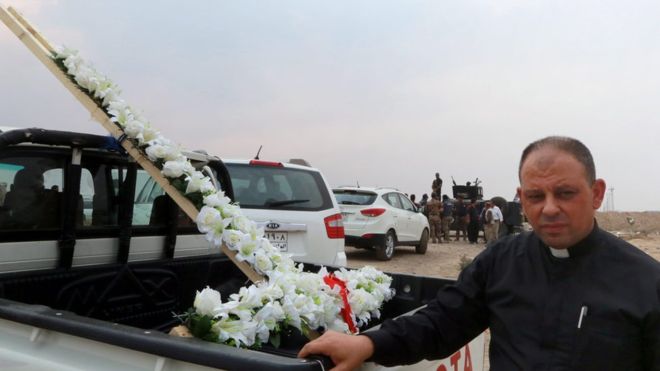
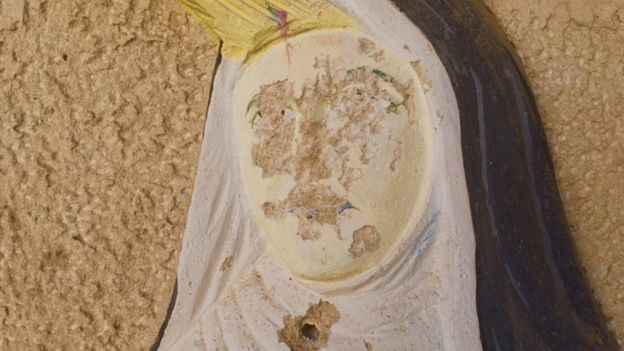
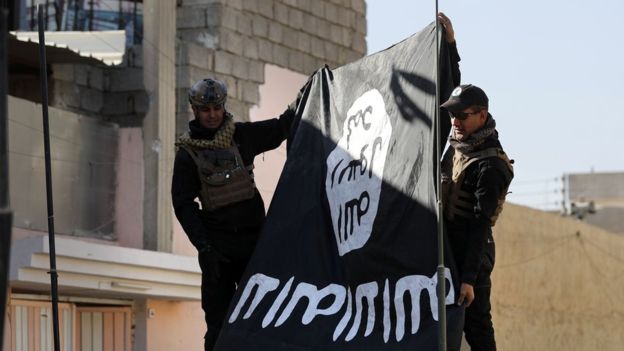
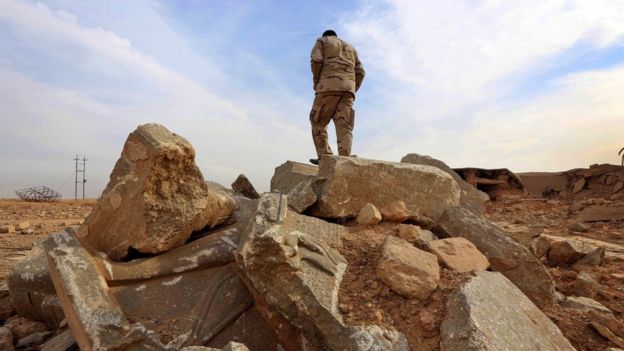
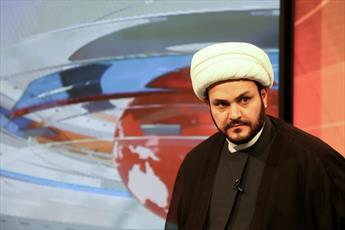
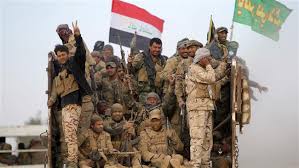
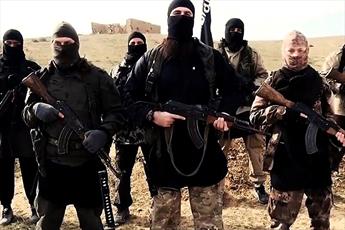
Your Comment